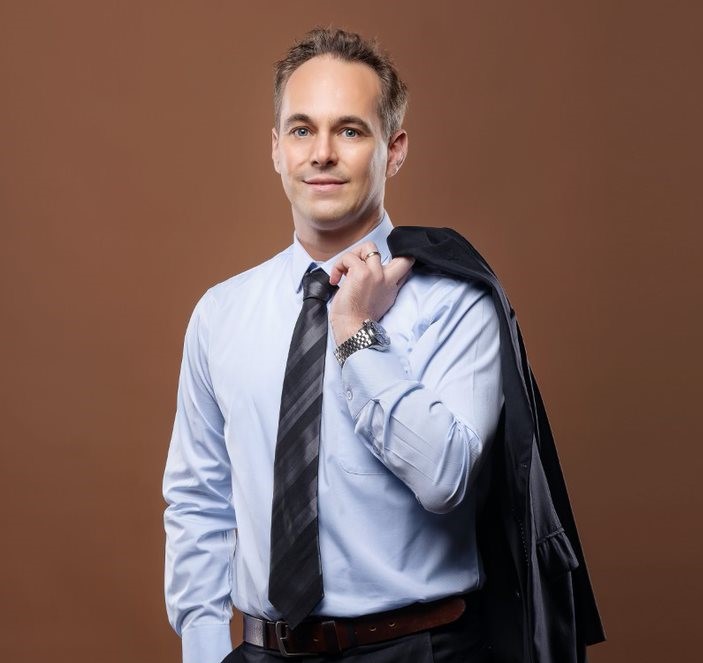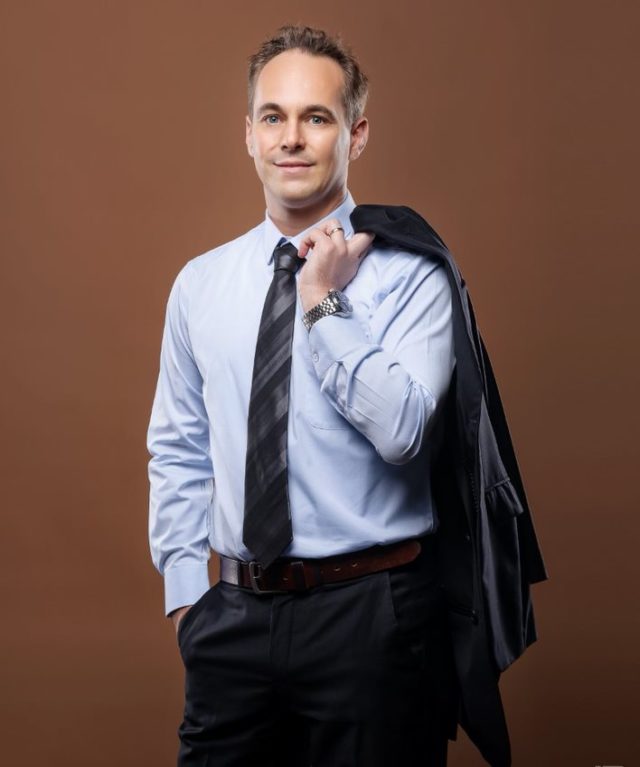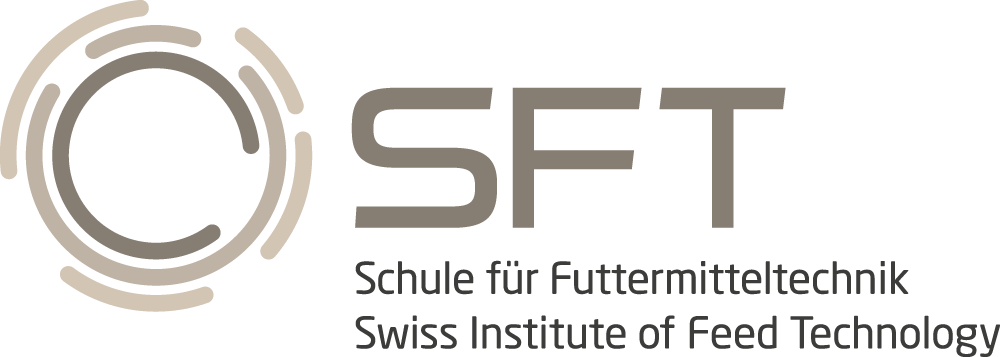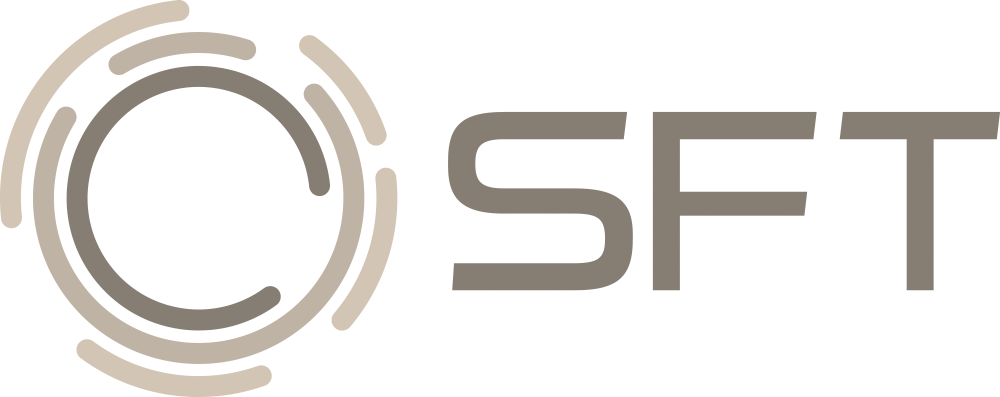Since July 2022, Philipp Hug is the new president of the SFT. The family father has been working at Bühler AG for 22 years. He spent eleven of those years abroad: eight years in China and three years in Indonesia. Philipp completed his first apprenticeship as a truck mechanic, followed by training in marketing, sales...
NEWSFaces of the SFT – Interview with Philipp Hug

 Since July 2022, Philipp Hug is the new president of the SFT. The family father has been working at Bühler AG for 22 years. He spent eleven of those years abroad: eight years in China and three years in Indonesia. Philipp completed his first apprenticeship as a truck mechanic, followed by training in marketing, sales and an EMBA at the China Europe International Business School (CEIBS) in Shanghai. Philipp has gained a lot of experience in customer service and spent several years on the road for commissioning. And what’s the situation today?
Since July 2022, Philipp Hug is the new president of the SFT. The family father has been working at Bühler AG for 22 years. He spent eleven of those years abroad: eight years in China and three years in Indonesia. Philipp completed his first apprenticeship as a truck mechanic, followed by training in marketing, sales and an EMBA at the China Europe International Business School (CEIBS) in Shanghai. Philipp has gained a lot of experience in customer service and spent several years on the road for commissioning. And what’s the situation today?
How would you describe your role at SFT?
I’ve only been in the new role for a few months and I’m still learning a lot every day. Professional education and training are having a global impact. Therefore, I see the SFT in an ambassador role. We want to bring the feed millers to an even better level globally so that they are equipped for the future.
What does your position as Head of the Animal Nutrition Business Unit at Bühler entail?
It’s a very challenging position, especially in this so-called VUCA world (Volatility, Uncertainty, Complexity, and Ambiguity) with all the good and challenging aspects. There are and will be more global shifts, so it stays interesting. Some topics like sustainability, energy prices, but also local raw materials are challenging but establish good opportunities for all of us. Digitalization is omnipresent, and education is one of the top topics here too.
What trends in the feed industry are to you of high importance?
Energy, raw materials, and logistics are currently the drivers of the industry and are therefore actively pursued by me. One trend is the focus on quality in close interaction with digitalization. But also, in relation to general consumer preferences, animal welfare, CO2 emissions, amongst others. The availability and quality variability of raw materials due to climate change and how we can better support such requirements is an increasingly important topic. We are also concerned about the growing shortage of skilled workers.
Where would you like to see progress?
I would like to see developments in the handling of antibiotics as well as the total cost of ownership view instead of just looking at investment costs. Also important are CO2 emissions and how we can further reduce them.
How do you see the future of digital training?
In a way, the pandemic years have served as a catalyst for digital training formats. Basic training for large groups or even refresher courses will more often take place online. But on-site training will still play an important role when it comes to reinforce the subject matter by hands-on exercises. Having social events during their time at the SFT where participants can share ideas over dinner are also highly valued. A good mix is in my opinion the future.
What advice do you have for new professionals in the feed industry?
Here I’d like to come back to the trends mentioned at the beginning. The future is too uncertain to be anticipated in a rigid way. I believe teaching values is more effective such like openness, curiosity, and the joy of continuous learning. And as a concluding bon mot: “Shaping instead of administrating”.

